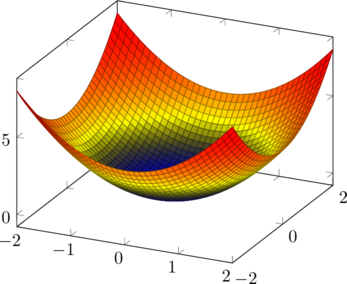Sebastian Hernandez
Harnessing Artificial Intelligence to Drive Business Insights and Innovation
Know some of my work
About Me
I am a Systems Engineer and aspiring Artificial Intelligence specialist passionate about transforming ideas into intelligent solutions. My extensive experience with Python and Linux systems and my AI background have enabled me to take on complex projects and implement innovative solutions.

Blog
-
Neural Networs: the fundamental component of modern AI
Neural networks are at the core of modern artificial intelligence, powering everything from image recognition and natural language processing to medical diagnostics and self-driving cars. While they may seem complex due to their mathematical foundations, they rely on fundamental calculus concepts that even someone with a high school diploma can…
-
Understanding Neural Networks: A Deep Dive into Backpropagation
Backpropagation is a crucial algorithm used in neural network training. It involves calculating the error at the output layer and then propagating that error backward through the network to adjust the weights of the neurons in each layer. Afterward, an optimization algorithm, typically gradient descent, uses this error to update…
-
Optimization: Gradient Descent
Gradient descent is one of the most used algorithms to optimize a function. Optimizing a function means finding the hyperparameter values for that function that give us the best possible outcome. Gradient descent has broad applications, but in this text, we will focus on its use in Machine Learning to…
-
Why you should never use MSE as a loss function for NN classification problems
The MNIST dataset is an extensive database of handwritten digits commonly used to train NN for image processing systems. Each example in the dataset is a 28×28 image normalized in a matrix with the grayscale values for each pixel. The goal for this dataset is to correctly classify the handwritten…
-
Linear regression loss
Loss is the utility loss when a model makes a prediction. In simple terms, it is the difference between the observed and predicted values . For linear models we could add up the loss for each prediction to find the overall loss value. However, this is not a good practice…



